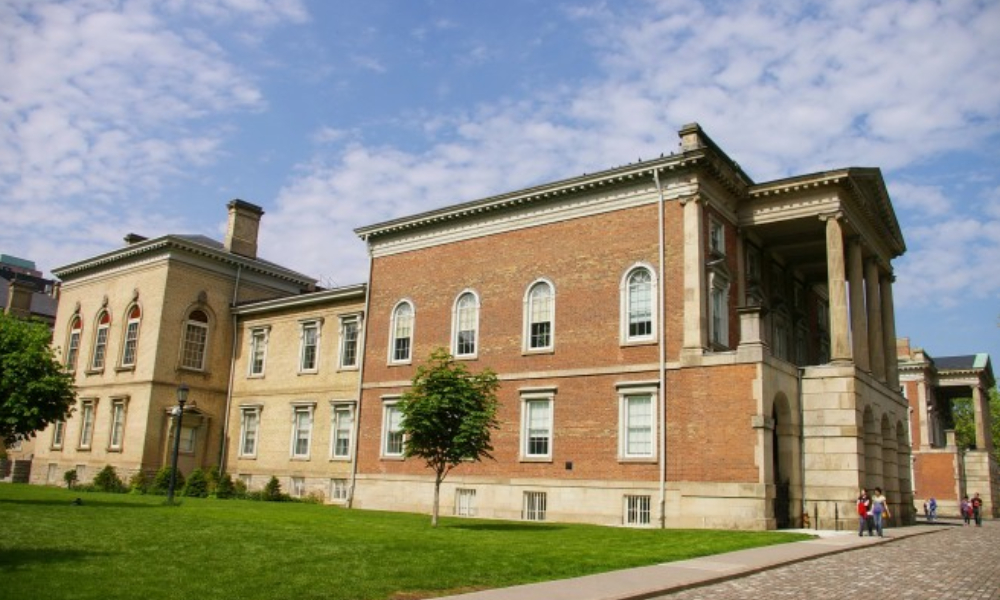
Appeal court affirms that Ontario has jurisdiction and is forum conveniens of action

A decision of the Court of Appeal for Ontario has shown that, even if a contract has a provision expressly stating its governing law, this may not control how courts will rule upon issues of jurisdiction and forum non conveniens.
In GIAO Consultants Ltd. v. 7779534 Canada Inc., 2020 ONCA 778, respondent GIAO Consultants Ltd. filed an action against eight defendants. In GIAO’s statement of claim, it alleged that the defendants committed breach of contract, negligence, intentional misrepresentation, breach of trust and/or fiduciary duty and civil conspiracy.
GIAO and some defendants had entered into a contract containing a provision on governing law, which stated that the agreement would be construed, interpreted and enforced according to Quebec laws.
Two defendants submitted to the jurisdiction of Ontario courts by filing their statement of defence, and two other defendants were Ontario residents. The other four defendants, who are the appellants in the present case before the Ontario Court of Appeal, filed a motion to challenge the jurisdiction of Ontario courts or, alternatively, for the declaration of Ontario as forum non conveniens.
In July 2020, the Ontario Superior Court of Justice rejected the appellants’ claim and found that Ontario courts, specifically the Superior Court, had jurisdiction over the action and was forum conveniens for the action. The motion judge determined that three of the presumptive connecting factors from Club Resorts Ltd. v. Van Breda, 2012 SCC 17, were present here: the appellants were doing business in Ontario, a tort was committed in Ontario and the contract being disputed was made in Ontario.
Upon appeal, the Ontario Court of Appeal also ruled against the appellants, stating that Ontario had jurisdiction to hear the case and that the appeal court had no basis to interfere with the motion judge’s discretionary decision that Ontario was forum conveniens for the action.
The appellants, contending that Ontario was forum non conveniens, claimed that the motion judge wrongly concluded that expert evidence was not necessary to prove Quebec law to the Ontario courts.
The appeal court disagreed, saying that the trial judge did not absolutely state that it was unnecessary to obtain an expert to interpret Quebec law. The trial judge in fact specifically referred to this possibility, the appeal court said.
The appeal court emphasized that the motion judge’s decision regarding forum conveniens is discretionary, so an appellate court should only interfere with this finding in a case where there is an error in principle, a misapprehension or failure to take account of material evidence or an unreasonable decision.
The appeal court also noted that the presence of both contract and tort claims may raise difficult questions regarding the applicable law.
On the issue of jurisdiction, the appellants submitted that the motion judge improperly drew an adverse inference against them when she stated in her reasons that the defendants did not file a statement of defence.
The appeal court said that this sentence in the motion judge’s reasons was not meant to draw an adverse inference and was simply a part of her analysis of one of the Van Breda factors, namely whether a tort was committed in Ontario.
The appellants then contended that the motion judge improperly made findings connected to the merits of the claim in the underlying action, but the appeal court disagreed, stating that the motion judge’s findings were solely based upon the available evidence, were made in the context of an analysis of the Van Breda factors and were not determinative of the issues at trial.
A post authored by Agatha Suszek of WeirFoulds LLP said that this decision shows how appellate courts will generally be reluctant to interfere with a motion judge’s forum non conveniens finding. The decision also suggests that the presence of contractual provisions expressly stating a contract’s governing law “may not be determinative with respect to issues related to jurisdiction and forum non conveniens,” wrote Suszek.